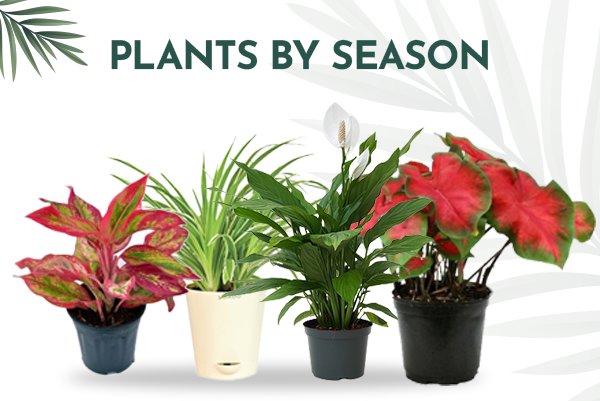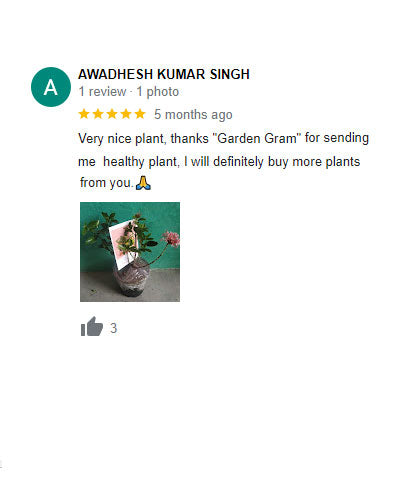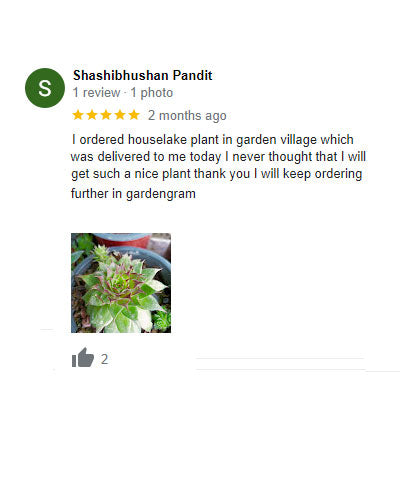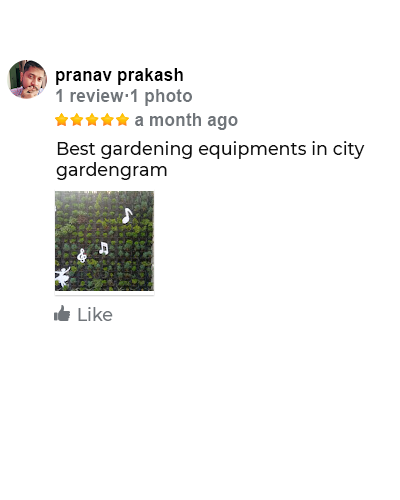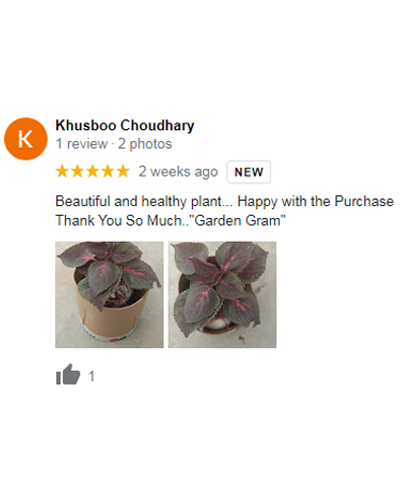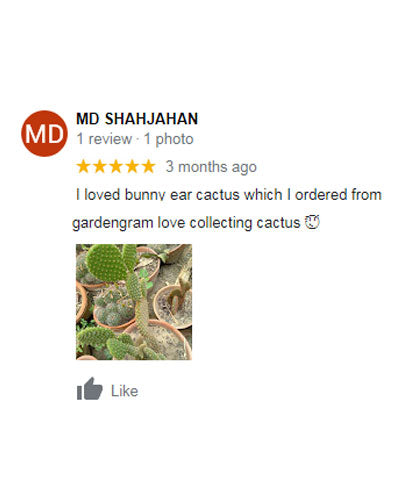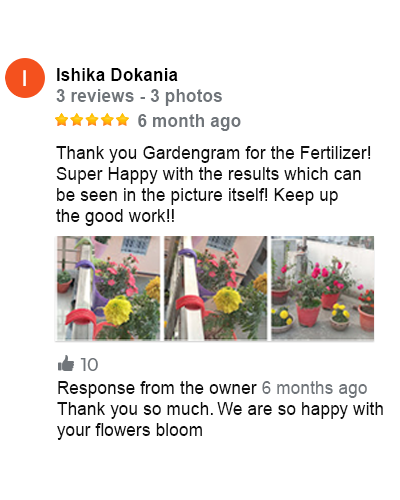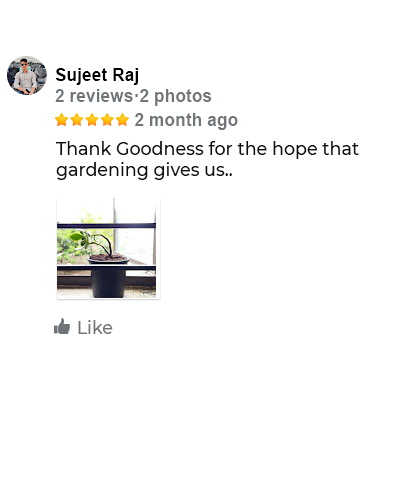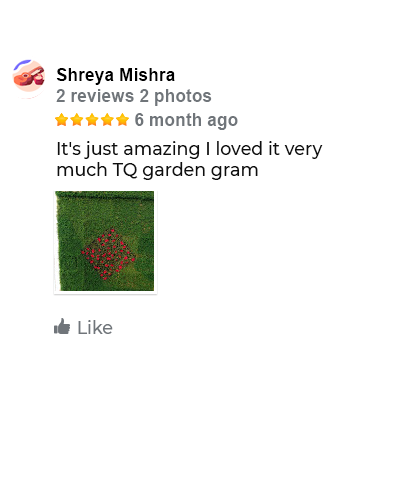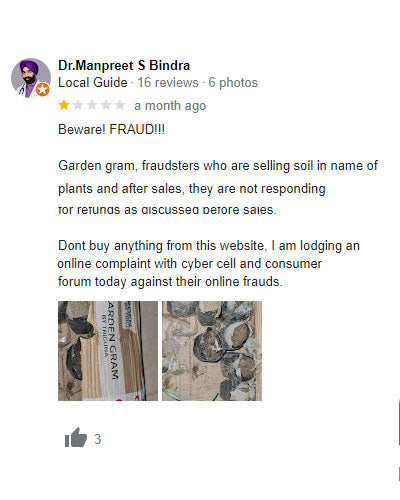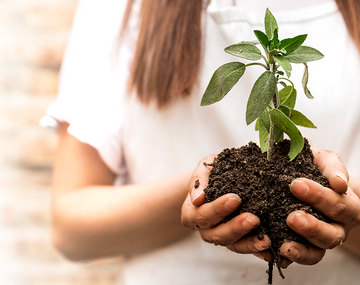Beginner’s guide to vegetable garden
Growing your own vegetables is both fun and rewarding. But it can also sound very challenging to grow your own vegetables. But worry not, Gardengram is happy to share some tips to help you get started.
Also, one of the major misgivings is that you need ample space to grow your own vegetables. Let us tell you otherwise. Whether you have lots of space or room enough only for a container or two, whether you are out in the country or nestled in the city, it does not matter. Anyone can grow a vegetable garden and really nothing quite beats the joy of harvesting your own produce!
In this article we will discuss the steps of vegetable gardening. You just need to follow the steps and hurrah you will start growing like a professional gardener.

Start with a small space
Since you are new to this we would recommend starting small.. Consider growing your vegetable garden in small beds or containers. Container vegetable gardening is a wonderful idea for those with space constraints. Also, we would suggest planning according to the vegetables you want to grow.
The right location
One of the crucial factors is choosing an ideal location for your vegetable garden. There are four parameters to consider when choosing the location for your vegetable garden- convenience, sun, drainage, and soil type. Making a vegetable garden plan is one of the vegetable gardening basics. Also, it is important to prepare the soil for thriving plants. So clear the area of weeds and other debris, such as rocks, sticks, etc., and make the surface smooth.
Choose what to grow
Many people worry about the right vegetables to grow. But that really depends on your personal taste or taste buds, we would say! However, an important tip for beginners is start by choosing easy to grow vegetables, like tomatoes, beans, chilly family, cucumbers, gourds etc.
Seeds
Many people enjoy growing vegetables from seeds. Start your vegetable seeds indoors about four to six weeks before the growing season begins. Remember to break the dormancy of the seed to prepare it for germination. When planting directly into the garden, sow seeds in shallow furrows with plenty of moisture. After seedlings show signs of healthy growth, you can thin them as needed. Also, remember that some people choose to get saplings and that is fine too.
Caring for your vegetable garden
Caring for plants is very important and hence don’t forget to water, fertilize and weed out your garden so that your plant remains healthy and pest free.We highly recommend good soil medium, potting mix and fertilisers so that your vegetable plants can get a balanced dose of nutrition and will result into high yield and best quality produce.
We hope this information helps you to start with your own vegetable garden. Reach out to us at Gardengram if you have any doubts and we will guide you through your gardening journey.
Happy gardening!


